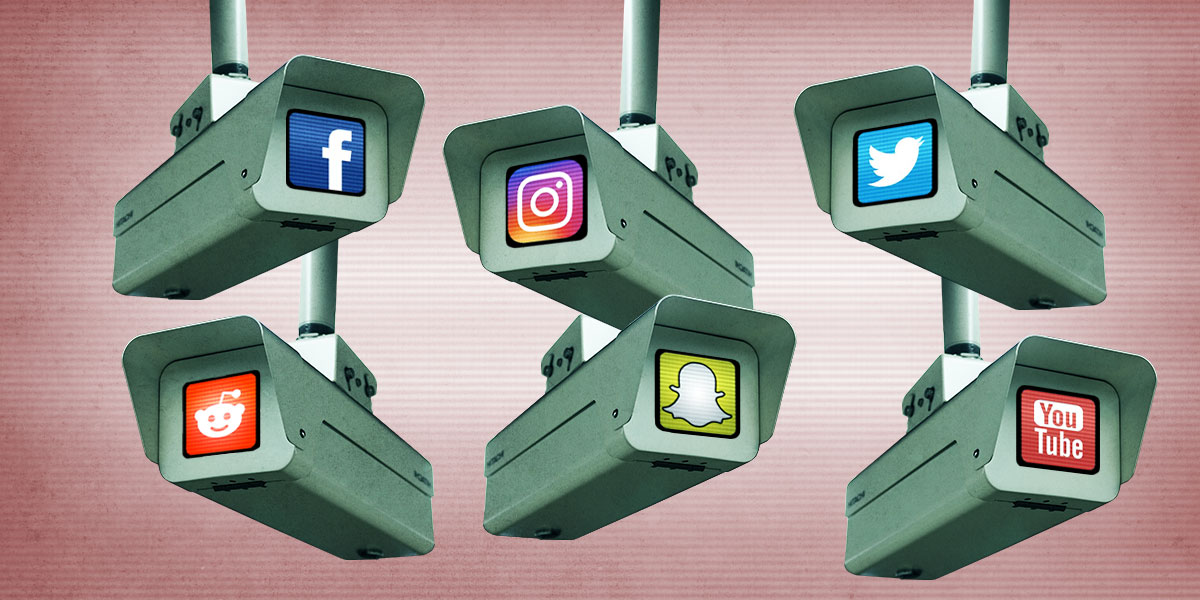In today’s digital world, algorithms are central in shaping our online experiences. From the content we see on social media platforms to the search results we get on Google, algorithms have become powerful tools that influence our behavior and decisions. However, this reliance on algorithms raises a critical question: are we victims of digital manipulation?
The Role of Algorithms in Our Lives
Algorithms are sets of instructions telling a computer how to perform a task. They are used in various contexts, but in the digital realm, their primary function is to personalize content. Platforms like Facebook, Instagram, YouTube, and TikTok rely on algorithms to analyze user data—what you like, share, or comment on—and use this information to tailor content specifically for you.
This personalization is often seen as a convenience. It provides content that aligns with our interests, keeping us engaged for extended periods. For example, YouTube recommends videos based on our viewing history, while Instagram’s feed shows posts similar to what we’ve interacted with before. But the question arises: does this personalization make us more susceptible to manipulation?
The Dark Side of Digital Manipulation
While algorithms are designed to improve user experience, they can also be exploited to manipulate behavior. The more an algorithm knows about you, the better it can predict your preferences and influence your actions. This can be used to serve ads that trigger impulsive buying, spread misinformation, or even sway political opinions.
Take social media, for instance. The endless scroll on platforms like Facebook and Instagram is designed to keep you engaged, often by showing content that evokes emotional responses—outrage, fear, or joy. This emotional manipulation is not accidental. Studies have shown that outrage-inducing content spreads faster than neutral or positive content, so algorithms prioritize content that keeps you hooked. Over time, this can lead to echo chambers where you are only exposed to viewpoints that reinforce your beliefs, limiting your exposure to diverse perspectives.
Moreover, algorithms can subtly manipulate your emotions and decisions by showing you content that aligns with your biases or desires, reinforcing existing habits. This phenomenon is called “confirmation bias,” where algorithms amplify what you already believe, making it harder to question your views.
Psychological Impact of Algorithmic Manipulation
The psychological effects of algorithmic manipulation are far-reaching. Continuous exposure to content that triggers negative emotions, such as anger or anxiety, can lead to mental health issues. Research has shown that social media, especially platforms that employ algorithm-driven feeds, can contribute to feelings of loneliness, anxiety, and depression. The constant comparison to others, driven by curated content, can harm self-esteem and foster unhealthy body image issues.
In addition to emotional manipulation, algorithms can affect our decision-making processes. Whether it’s pushing us to buy products we don’t need or steering us toward divisive political content, the influence of algorithms is undeniable. Many users are unaware of how their online actions are shaped by algorithms, which operate behind the scenes, adjusting to their behaviors in real-time.
Regaining Control Over Your Digital Life
As users, it’s essential to understand algorithms’ power over us. One of the first steps toward regaining control is to be mindful of the content we consume. Taking regular breaks from social media, diversifying the content we engage with, and actively seeking out differing viewpoints can help counteract the effects of algorithmic manipulation.
Additionally, becoming more aware of privacy settings and the data you share online can limit how much algorithms can track your behavior. Many platforms allow you to control the type of ads you see, and disabling certain features like location tracking can give you more control over the information you’re sharing.
Conclusion
While algorithms can enhance our online experience by personalizing content, they also have the potential to manipulate our behavior in ways we may not even realize. From emotional manipulation to shaping political views, the grip of algorithms is undeniable. By staying informed and mindful of our content, we can minimize their influence and regain control over our digital lives. The power of algorithms is not inherently evil, but how they are used can have far-reaching effects—it’s up to us to navigate this digital landscape responsibly.




